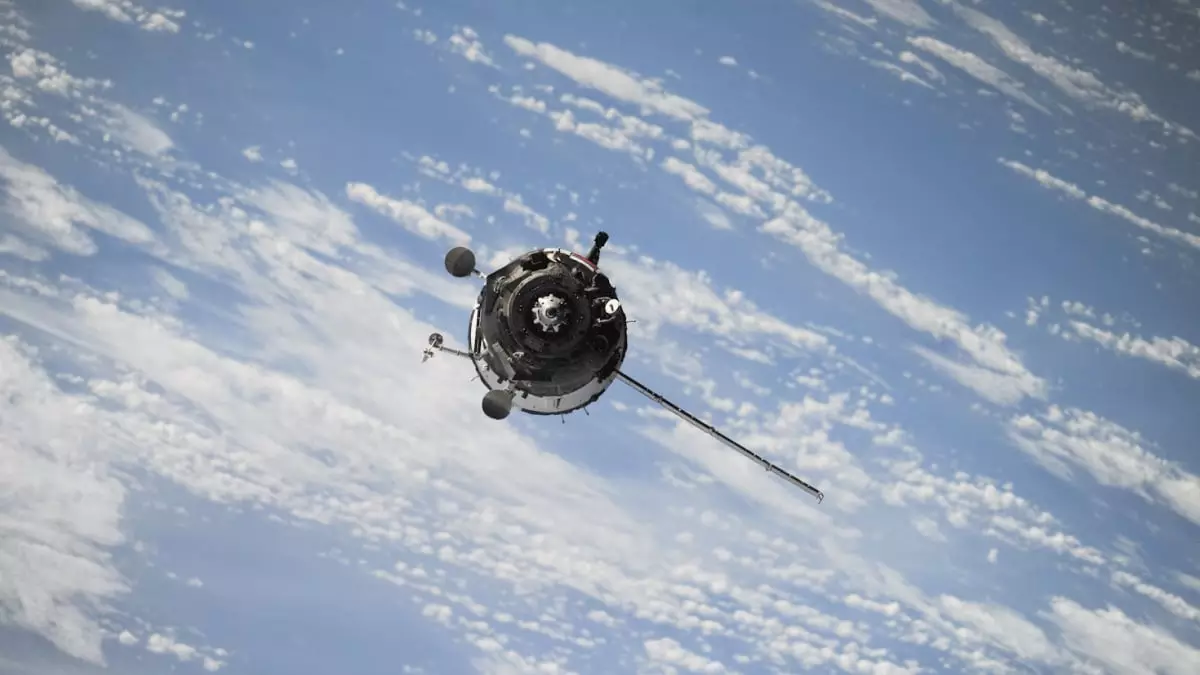Recent findings from the James Webb Space Telescope (JWST) have raised doubts about the conventional theory surrounding asteroid 16 Psyche. Instead of being a core remnant of a protoplanet, the JWST detected hydrated minerals on Psyche’s surface, including hydroxyl and potentially water. This unexpected discovery has shaken up our understanding of the asteroid’s composition and its significance in the early solar system.
A Shift in Perspective
Initially believed to be a fragment of an ancient protoplanet, 16 Psyche is a large metallic asteroid situated in the asteroid belt between Mars and Jupiter. The presence of hydrated minerals challenges this notion, leading to new questions about Psyche’s origins. These minerals could have been the result of impacts with other water-containing asteroids, or they may have originated from within Psyche itself. If the latter is true, it would disrupt current theories about the asteroid’s formation and chemical makeup.
The detection of hydrated minerals on Psyche’s surface suggests a possible connection to the “snow line” in the early solar system. This region, where water ice and volatile substances were more abundant, indicates that Psyche may have originated from a colder, outer area of the solar system. This contrasts with the previous belief that it was a core remnant of a protoplanet. The uneven distribution of hydration on Psyche’s surface further supports the idea that external impacts, rather than internal processes, introduced these minerals.
To address the uncertainties surrounding the nature of asteroid 16 Psyche, NASA has planned the Psyche mission, scheduled to reach the asteroid in 2029. This mission aims to conduct a detailed analysis of Psyche to uncover its composition and history, providing crucial insights into the formation of metallic asteroids and refining our comprehension of the early solar system. The Psyche mission holds the key to unraveling the mysteries of Psyche and could potentially reshape our knowledge of planetary evolution and the history of our solar system.
The recent observations by the JWST have opened up new avenues for research on asteroid 16 Psyche, challenging established theories and prompting a reevaluation of its significance in the solar system. The upcoming Psyche mission represents a crucial opportunity to gain definitive answers about Psyche’s origins and composition, paving the way for a deeper understanding of planetary formation and the evolution of our solar system.

Leave a Reply